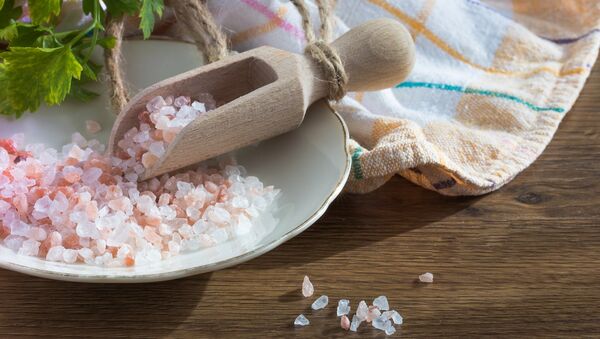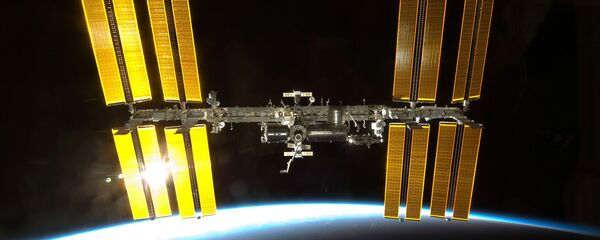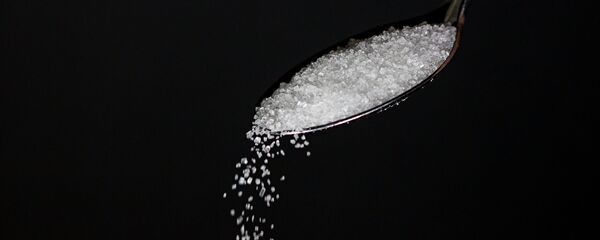Doctors have always assumed — and advised patients — not to eat too much salt because sodium chloride is considered to be harmful.
It was assumed that while a certain level of salt was vital for maintaining blood pressure and nerve impulses, too much would have a harmful effect. It was also thought salt itself made you thirsty.
A report in 2014 suggested curbing salt intake — as well as stopping smoking and drinking — could prevent 37 million premature deaths by 2025.
But new research, published in the Journal of Clinical of Investigation, has upended years of received wisdom on the subject.
Really fascinating findings on salt from @VUMChealth own Dr. Jens Titze https://t.co/UHOqCrHzbq
— Vanderbilt Kidney (@VUMCKidney) May 9, 2017
The researchers, led by Dr. Jens Titze, a kidney specialist at Vanderbilt University and the Interdisciplinary Center for Clinical Research in Germany, analyzed the results of two space simulation studies in 2006.
Zero gravity conditions were created and simulated in two separate studies, lasting 105 and 520 days respectively.
The cosmonauts, who included a German, Oliver Knickel, were given 12 grams of salt daily, reduced to nine grams and as little as six grams. Mr. Knickel, 33, who now works as an automotive engineer in Stuttgart, said that when the food got down to just six grams: "It didn't taste good."
Dr. Titze and his team measured the amount of sodium excreted in the cosmonauts' urine and blood. When the crew ate less salt, they excreted less salt. No great surprise there.
But Dr. Titze said: "Then we had a look at fluid intake, and were more than surprised."
They found that the cosmonauts were actually drinking less water despite getting more salt.
"There was only one way to explain this phenomenon. The body most likely had generated or produced water when salt intake was high."
It is not the first time cosmonauts have been involved in experiments.
In April, it was reported Russian cosmonauts would be trying to ferment milk on the International Space Station in a bid to produce dairy foods and beverages to sustain space travelers.
Dr. Titze then experimented on the salt intake of laboratory mice.
He found the same result — the more salt he added to their diet, the less water they drank.
They were generating water themselves by using glucocorticoid hormones to break down fat in their bodies.
This involved a lot of energy and he found they were burning more calories and eating 25 more food on a high-salt diet.
Dr. Mark Zeidel, a nephrologist at Harvard Medical School, wrote in an editorial in the JCI: "Together the results of these two studies lay the groundwork for future studies to determine how, in the face of chronic changes in salt intake, humans maintain volume and osmotic homeostasis."
Dr. Melanie Hoenig, an assistant professor of medicine at Harvard Medical School, said:
"This work suggests that we really do not understand the effect of sodium chloride on the body… These effects may be far more complex and far-reaching than the relatively simple laws that dictate movement of fluid, based on pressures and particles."
While salt may not be as harmful as first thought, research earlier this year suggested high sugar intake can shorten your life longer after you improve your diet.
Dr. Titze said eating a lot of salt was not recommended as a way of dieting.
He added that more salt would ultimately make you hungrier, so you would have to ensure you did not eat more food to make up for the extra calories burned.





